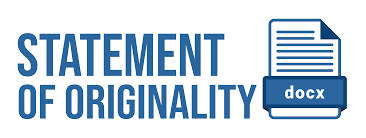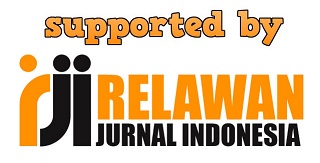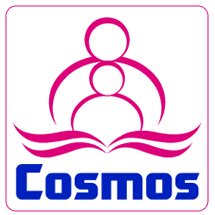THE UNIVERSITY STUDENTS’ PERCEPTION OF CREATIVE WRITING IN RELATION WRITING SKILL
DOI:
https://doi.org/10.32520/eji.v4i2.1096Keywords:
Writing, Creative Writing, Students’ PerspectiveAbstract
In this era, writing is one of the skills that should be mastered by the students, because it will be useful in the future. Writing has a purpose of entertaining and of giving the information, for example, in creative writing. This research aimed to know the students’ perception of abilities they acquired after they participated in creative writing at the university level. The method of this research is descriptive analysis. The Participants of this research are coming from students in the fourth semester of English Department in Wiralodra University who took the Poetry subject Then the study resulted in the identification of abilities the students acquired after learning creative writing, the students are more self-confidence, critical reading and gain their vocabulary, grammar and punctuation in writing.
References
Graham and Hebret (2010). Writing to Read: Evidence How for Writing can Improve reading. New York. Carnegie Corporation.
Hyland, K. (2002). Teaching and Researching Writing. Harlow: Longman.
Mundziroh, S., Andayani, & Saddhono, K. (2013). Peningkatan Kemampuan Menulis CeritaDengan Menggunakan Metode Picture And Picture Pada Siswa Sekolah Dasar.BASASTRA Jurnal Penelitian Bahasa, Sastra Indonesia Dan Pengajarannya, 2(April),1–10.
Widyamartaya, A. (1984). Kreatif Mengarang. Yogyakarta: Yayasan Kanisius.




















